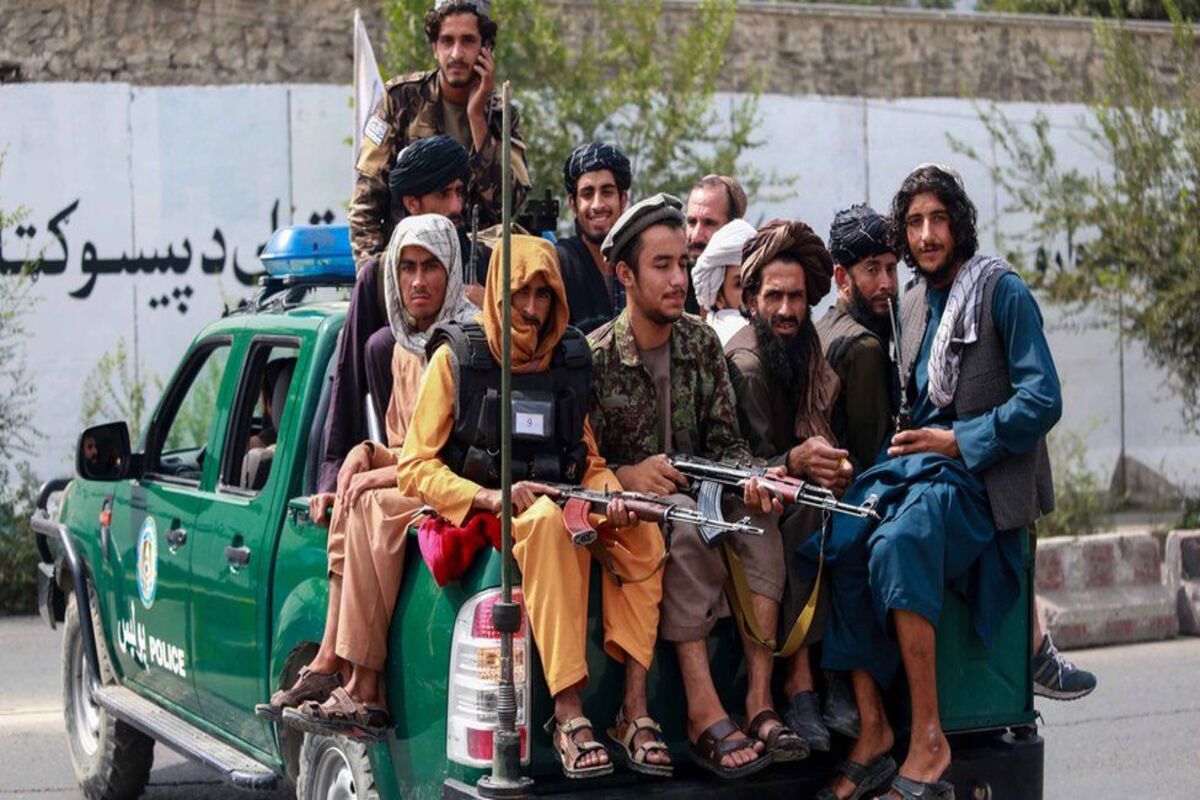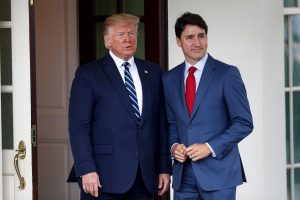While the ramifications of the Taliban takeover of Afghanistan are far from clear at this point, what can be said with certainty is that Pakistan appears ill-equipped to deal with the challenges that regional developments can potentially throw up.
Advertisement
Claiming vindication of the military strategists’ long-held view and policy on Afghanistan is one thing; buckling down to what changes that ‘win’ can bring and the need for fleet-footed policy responses is altogether another.
The US rightly got slammed for the manner in which it announced its departure from Afghanistan and executed the pullout. The Taliban saw it as a huge win with some justification as they had faced the US military might for two decades.
The Taliban fought the hi-tech juggernaut with small arms, improvised explosive devices and suicide bombers. Even if they found a few sanctuaries, succour and counsel in the erstwhile tribal areas of neighbouring Pakistan, during those 20 years, the win was theirs and theirs alone.
Since they see the win as theirs alone, they don’t seem to be in the mood to listen to anyone including Pakistan, long seen by the international community as a benefactor and protector of the Afghan militant group with extraordinary influence over it.
The reality was evident when a senior Taliban leader in an address whose clips were shared on social media responded harshly to Prime Minister Imran Khan’s call for an inclusive government in Kabul. He used rather strong language and called into question the latter’s democratic credentials.
Of course, this is not to say Pakistan has zero leverage over the Taliban but merely to underline the complexity of the Afghan situation with different elements of the militant group such as the military and political pulling in different directions.
The success of the Taliban’s military and terror campaign, experts said, was also due to decentralised command structure. From recruitment, training to planning, targeting and executing attacks a lot was left to the local commanders.
Now that the task is to run the country and present a unified whole, that autonomy is proving difficult to curtail as is evident in old-style Taliban system of summary ‘justice’ i.e. brutal punishments and confining women, even schoolgirls, to quarters in so many areas of the country.
Understandably, this may be the view of the apologists who also maintain that the reborn Taliban leadership is not anything like what the world witnessed when they took power in 1996. Pakistan is among those nations that are pumping out this message daily.
Pakistan may be advocating global engagement with the ‘changed’ Taliban and arguing for Western funds to flow to Afghanistan to ward off hunger that large swaths of the population will soon be facing so that a flood of refugees doesn’t come knocking at its door soon.
But in the process it is also giving an undertaking of sorts that the Taliban will behave in a certain manner over the coming months and in the future. Ergo, leaving itself exposed to international recriminations if Kabul’s new rulers revert to their old ways.
We have already discussed the new US priority: encirclement of China. Whether the Taliban defeated the US or the latter decided to refocus its energies and priorities on its new enemy is difficult to tell.
What is not is that from AUKUS to the Quad contacts and initiatives, the Biden administration now seems to have its sight set on one goal. As it tries to restrict China’s growing footprint in the Asia Pacific region and beyond, the US sees India as one of its main partners.
Pakistan’s astute military planners, I am sure, are already gaming multiple scenarios and the policy responses to those. However, one major piece is missing from the jigsaw. The importance of that piece can’t be mentioned enough.
It is the need for a consensus within the country on both the challenges and the response to those. National security and large chunks of foreign policy decisions are being made by the military, more than in the past, in the incumbent set-up which some of its key supporters call hybrid.
Neither parliament nor key opposition leaders have been consulted in any meaningful way in the past so many weeks. The odd briefing to a handful of parliamentary committee members at GHQ is not the same as seeking input from elected members representing the popular will.
However, that is proving difficult as with two years to go before elections, the governing party is not willing to lift its foot off the confrontation pedal as it believes that castigating and hounding the opposition for even uncommitted sins is a winning formula.
And if doing that vitiates the environment and divides society, it is a small price to pay. While the PTI government is easier to blame because of its leaders’ inflammatory statements and its visible persecution of opposition leaders, its backers are not.
This, despite the fact that in a hybrid set-up responsibility has to be shared by all partners for all actions. Talking of responsibility, the opposition is not blameless either. It is terribly fragmented and now seems to be fighting for crumbs off the ‘head table’ and is content with what it can pick up.
The main opposition PML-N and its top leaders have played the ‘good cop, bad cop’ game so many times that it has lost its utility. If I were a supporter of the party I’d be totally confused regarding its direction and whether to offer a fight or flight response.
The PML-N has chosen to appease a few it deems powerful at great cost. The most obvious being treated no better than a doormat more or less like the PPP also chose to do so. With new regional realities and the country’s economy tanking, one is left at the mercy of unaccountable institutions, decision-makers and hoping for miracles.
Dawn/ANN.











